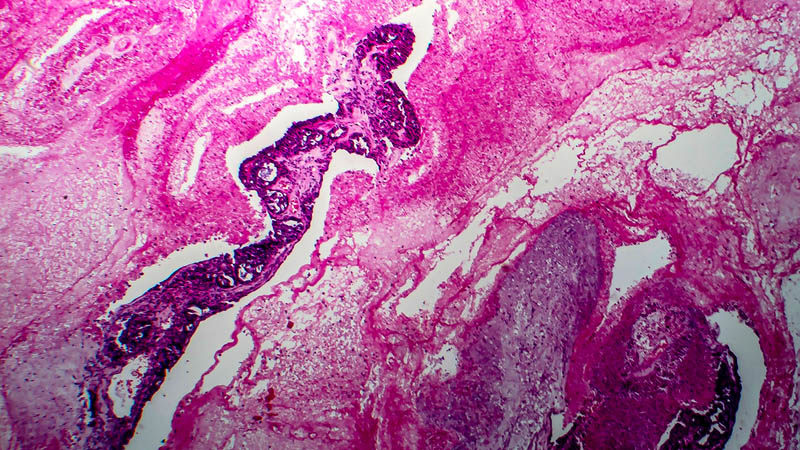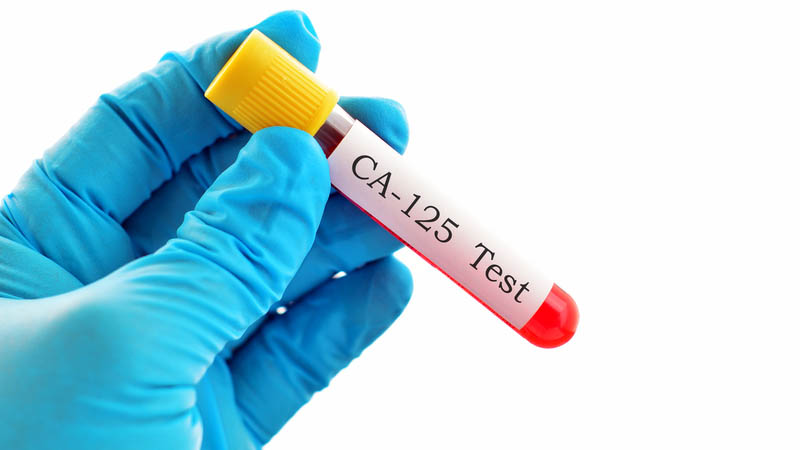Cancer stem cells in targeted therapy
Janina Markowska1, Zbigniew Kojs2, Damian Twardawa3
 Affiliacja i adres do korespondencji
Affiliacja i adres do korespondencjiCancer stem cells (CSCs) are one of the causes of failure in the treatment of patients with malignant tumors. Although these cells account for only about 2% of the tumor mass, they possess unique properties, such as self-renewal, unlimited proliferation, asymmetric cell division and the ability to form dormant cells. Cancer stem cells are responsible for treatment failure as they are resistant to standard anticancer treatment (chemo- and radiotherapy), leading to cancer progression, metastases and relapse. They carry specific biomarkers which enable their identification and isolation. The most common markers identified in breast, ovarian, and endometrial cancer as well as in other localizations include: CD44+, C117 (c-Kit), CD133+ (promin), ALDH1 (aldehyde dehydrogenase 1), Oct-4 (POU5F1), nestin and BMI1. Cancer stem cells take advantage of numerous signaling pathways (Wnt, SHH – sonic hedgehog homologue, PI3K/AKT/mTOR). Studies have demonstrated that clinical advantage can be gained using salinomycin (an antibiotic isolated from Streptomyces albus), or metformin, an antidiabetic drug. Research is continued on targeted therapy aimed at cancer stem cells: both cancer stem cell biomarkers or signaling pathways (their components) used by cancer stem cells may be targeted. Studies on microRNA, which coordinates the expression of multiple genes, and on metabolic strategies targeting cellular mitochondria are underway.









